Written by: jez
Compiled by: AididiaoJP, Foresight News
What is 'long-term depravity'?
'Long-term depravity' is a mental model centered around super gambling. In the author's words, long-term depravity represents 'a belief that the world will only become more depraved, financialized, speculative, lonely, tribal, and bizarre.'
The most concise and comprehensive explanation of this trend is:
As real returns continue to decline, people typically seek to compensate for losses by increasing risk.
The reasons explored below are varied, but I hope that by the end of this article, as a smart reader, you will return to this sentence and deeply resonate with it.
Korea is a canary in the coal mine, with a stark wealth gap and low social mobility. This means once you are at a disadvantage, it is hard to turn things around. This has given rise to a crazy tutoring culture where students study hard for the college entrance exam (CSAT), which is so important that the nation makes concessions for it.
For those who perform well, prestigious universities and a good life are calling to them.
For those who perform poorly, it means there is virtually no chance to turn things around.
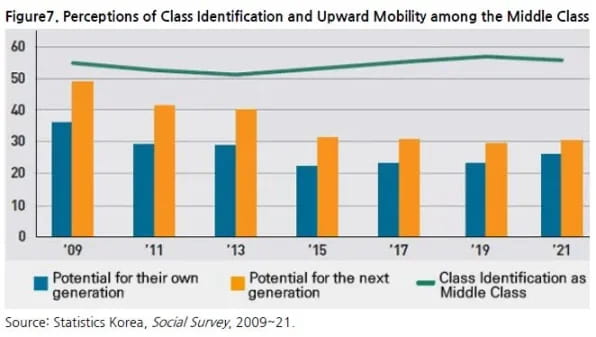
So does that mean that many of the world's largest 'depraved' groups are Korean? Is that strange? Think about Bill Hwang, Masayoshi Son, and Do Kwon. When traditional upward channels are blocked, the only way to increase returns is to increase risk, which is super gambling, and this future is approaching everyone.
Long-term depravity is your college friends in sports betting; your relatives trading options; you engaging in online communities rather than real socializing. These trends reflect human nature under modern efficiency, pursuing the shortest return cycles.
AI will only accelerate long-term depravity; its core logic is that the 'success' time window is shrinking, and any new technological advancement will only make that window shorter.
Even if some may try to use this understanding to 'save the world,' this giant ship is heading for the rocks. Rather than trying to change course, it's better to ensure you have a safe spot in the lifeboat.
What is super gambling?

Super gambling is high-risk behavior triggered by fear of an uncertain financial future.
Rather than trying to define it accurately, let's describe the feeling:
Imagine you are a new college graduate from a middle-class family.
If you don't have student loans, many do. If you're lucky enough, you found a job with an annual salary over $100,000, but many haven't. Even if you're fortunate, you'll still look up at exorbitant assets (houses, stocks) and try to calculate how you might afford one in 20 years, all while understanding that these assets will only continue to rise during that period.
You are surrounded by successful network cases (often false or survivor bias), and your attention is destroyed by TikTok and YouTube shorts. You have neither the patience nor the discipline to take that slow road.
So you start taking excessive risks with your monthly salary: cryptocurrencies, options, meme stocks, meme coins, sports betting. Your logic is: this little money will never buy a house, but maybe if I win the gamble. And if I lose, I just need to wait a week or two to start over.
This is super gambling; if a considerable portion of your net worth is invested in cryptocurrencies, congratulations, you are also super gambling.
Super gambling came into the public eye during the COVID-19 pandemic. In January 2020, Peter Thiel wrote in a letter to Mark Zuckerberg:
From the perspective of a generation's broken social contract, the answer seems simple: when a person is burdened with too much student debt or housing prices are unattainable, they will remain in a negative asset state for a long time or find it hard to start accumulating capital in the form of real estate.
While he speaks of the socialist tendencies of millennials, this is merely the other side of the same coin. Super gambling is an eruption of anger, while socialism is a helpless response.
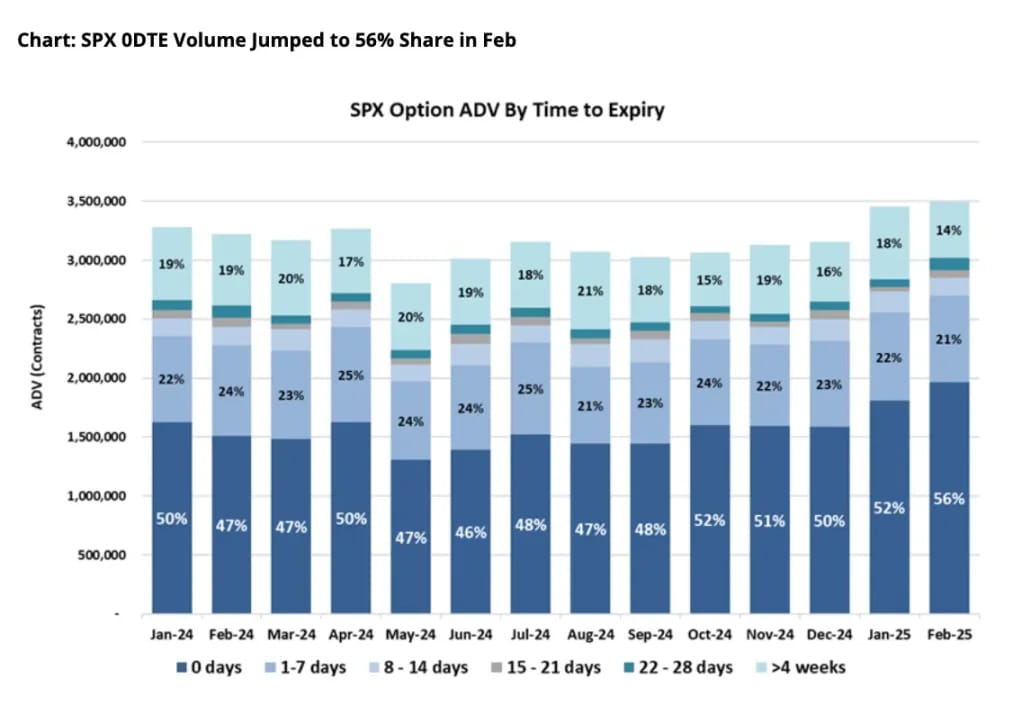
The core issue is the cost of home ownership and the expected timeline for achieving it based on average wages. When this social contract breaks down, people will seek shortcuts. The rise of cryptocurrencies, meme stocks, options, and leveraged trading reflects the public's desire for volatility and asymmetric returns, as linear growth has made homeownership unaffordable.
The downside of repeatedly engaging in high-risk investments is that many will fail. If you reach the end of the tunnel with nothing to show for it, you'll be poorer than before.
Causes
Inequality is an obvious reason and runs through many causes. But before further discussion, it's important to point out that, in the author's view, the current trend is a return to historical norms. The modern middle class emerged from post-World War II prosperity and global labor arbitrage. The traditional petite bourgeoisie specifically refers to owners of businesses and capital, while knowledge workers still belong to the working class. It is precisely the anger at this compression of life that drives these issues to amplify continuously.
Income disparity
The key factor is the increasing inequality between income and assets. It’s not the ratio of the highest earners to the lowest, but the relationship between wages and housing prices.
As this trend worsens, the linear timeline (finding a regular job, saving to buy a house) will only get longer until it is completely unfeasible. This reflects the compression of expected returns ('finding a good job after graduating from college'), fundamentally driving people to pursue higher returns through higher-risk investments.
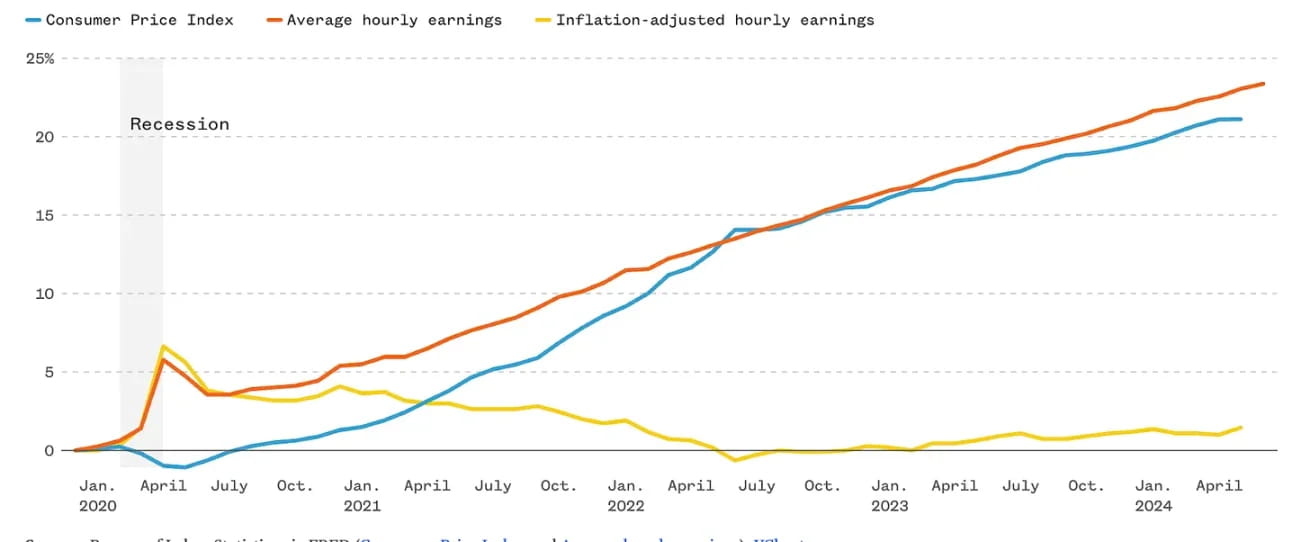
Asset prices are rising / the denominator is approaching zero
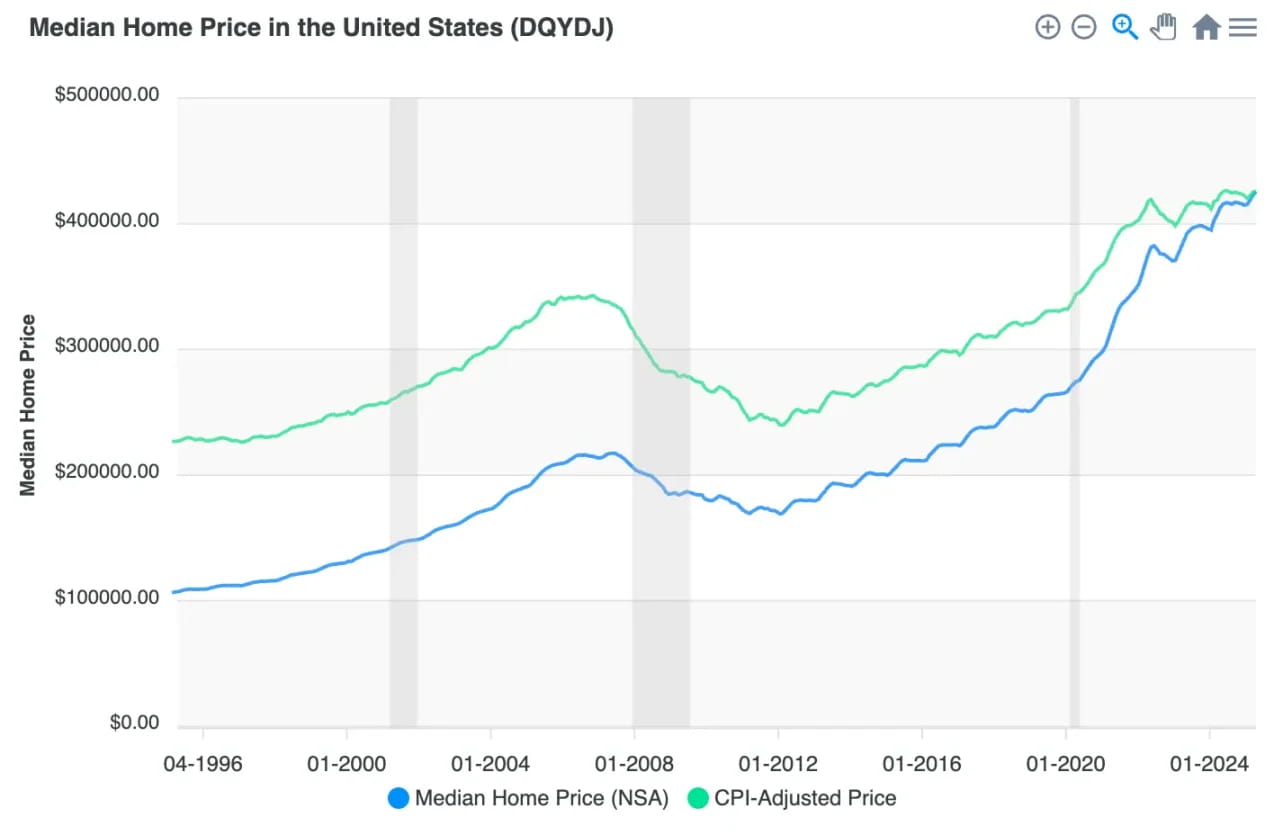
At the time of writing this article, housing prices, the S&P 500 index, and Bitcoin are all at historical highs.
It's important that houses cannot be bought in shares; you can only spend money on rent (or live at home) while saving. In the worst-case scenario, the speed of asset price increases outpaces the speed of savings, resulting in never being able to afford one. This fear of 'falling behind' drives a higher risk preference.
The other side of rising asset prices is the denominator approaching zero. The dollar has depreciated 10% this year. In a world where consumers are continuously experiencing rapid inflation, how much savings is enough? What can beat future fiat currency inflation?

Relaxation of gambling speculation regulations
The rules are written in blood and tears. Although the author may benefit from deregulation, he believes the gambling trend in the mass market is antisocial.
With the invention of sports betting, prediction markets, online casinos, and the upcoming popularity of 0DTE options, ordinary consumers can easily click their way into the world of the depraved.
This is not a good thing; many of us who have survived in the cryptocurrency space have done so merely by chance, choosing an asset class that increases tenfold every four years. But repeated high-risk financial opportunities can destroy dopamine receptors, disrupt the relationship between effort and reward, and leave individuals 'completely unemployable.'
Online dating
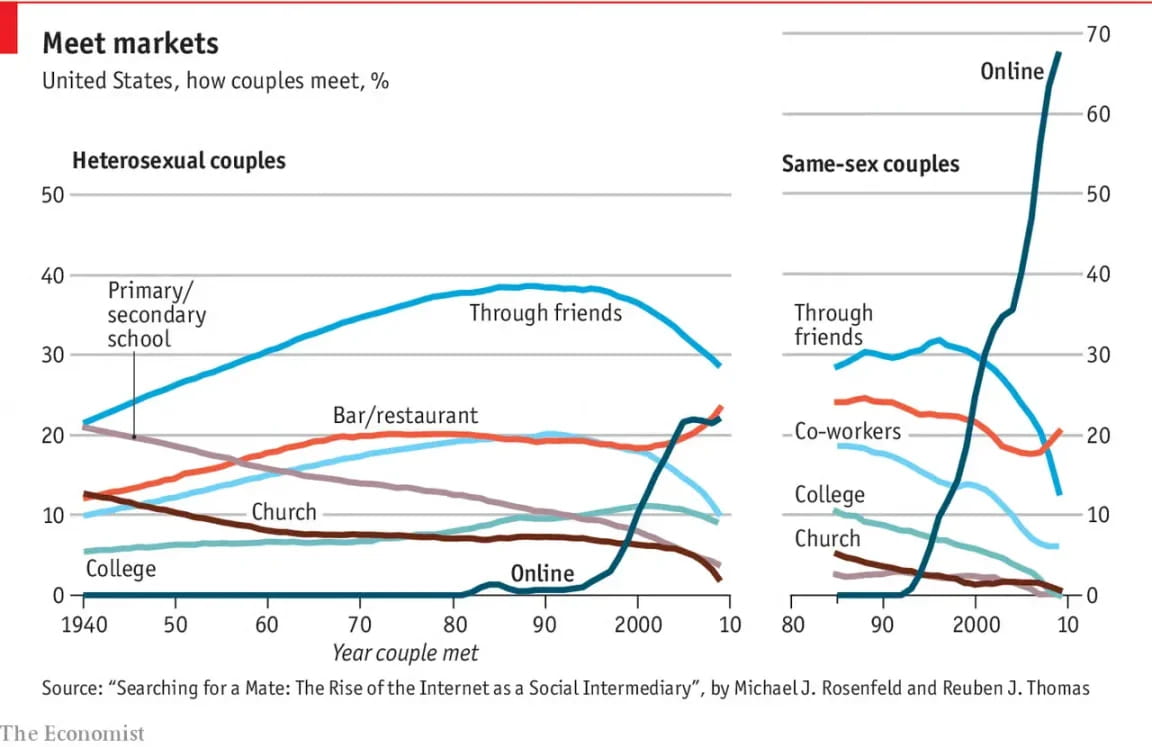
The rise of online dating has not only exacerbated the epidemic of loneliness.
It also shapes male value, at least in terms of how the market views male value. Online dating follows a power law distribution, where the top one percent of men receives disproportionate attention. The common way for men to increase market value is through wealth.
Even sex is driving men to take on higher risks.
Note the inevitability of these causes: increasing income inequality, rising asset prices, increased speculation, and online dating. These trends will only intensify, as will long-term depravity.
Short-term impact
Cryptocurrency is rising. Sports betting is growing, and 'buy now, pay later' has become the norm. Savings are decreasing, attention spans are shortening, and money has turned into numbers on screens. Discord has become the new church, and quasi-social relationships have replaced real ones. Birth rates are declining, happiness is decreasing, leading to further division into winners and losers.
Long-term impact
Derivatives devour the world
Whether it's perpetual contracts, binary options (prediction markets are a form of binary options), or new tools, the more retail investors are exposed to and adopt them, the more you cannot go against the market.
The effort/return model is collapsing
Traders are the most affected profession. The work ethic of traders collapses at the first profit; how can they accept working 40 hours a week when the money they make in a year is less than the numbers jumping on the screen for 40 minutes?

Inequality is intensifying
The ultimate result of many failures is that funds increasingly flow to the winners. Sadly, this further leads to a vicious cycle.
If a universal basic income (UBI) is implemented in the future, it would push long-term depravity to new heights. Is it living off a meager allowance or betting everything to pursue elite status? After all, if you can start over next month, what’s the loss in speculating this month?
This perspective has been my warning for nearly a decade. I attribute my miraculous recovery to a steadfast belief: 'The world will only become more depraved, financialized, speculative, lonely, tribal, and bizarre,' but I have never turned things around by 'digging deeper,' unless you consider any speculation as digging. Perpetual contracts, meme coins, and gambling are usually negative expected value (-EV); if you continue to participate and lose money, you are a source of profit for others.
Find a way to follow the footsteps of the house.


